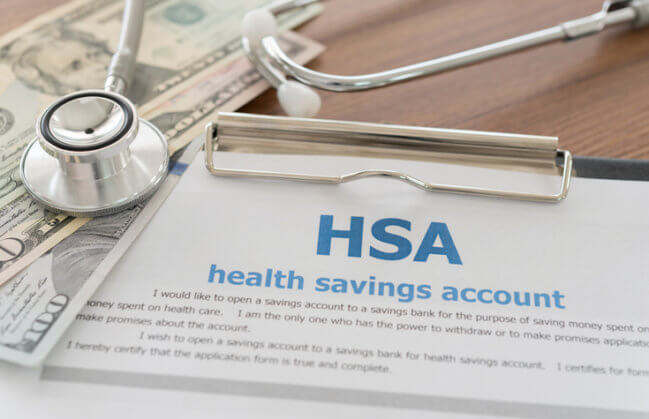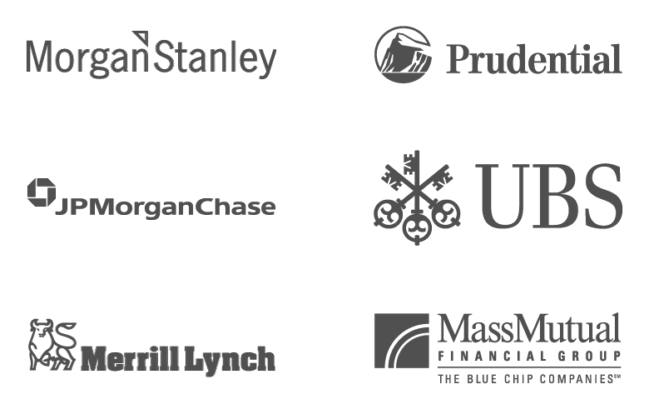Say the words “triple tax-advantaged,” and you’ll see many people’s eyes glaze over. (Someone might try changing the subject to the latest Game of Thrones episode.) Not many people love talking taxes — but learning about this admittedly dry topic can pay off in unexpected ways. Want an interesting dinner-party conversation? Tell your guests why legislators hope to expand health savings accounts (HSAs). And if you open one yourself, you’ll reap serious tax advantages you won’t get from traditional investments. We’ll explain why rich people love health savings accounts so much — and how they can help reduce your tax burden.
Millions of Americans Now Use Health Savings Accounts
Health savings accounts are usually offered through your employer’s high-deductible health insurance plan. More than 20 million Americans now use health savings plans to budget for estimated future healthcare costs during their retirement. Only a few IRS rules prevent more people from opening their own health savings accounts, including:
- You cannot be enrolled in Medicare.
- Couples cannot open joint health savings accounts — they’re for individual use only.
- Another person cannot claim you as a dependent on his or her tax return.
Health Savings Accounts Offer Major Tax Advantages
Today’s health savings accounts offer major tax incentives, which may help explain why they’re especially popular with affluent Americans:
Advantage #1: Funding Through Pre-tax Contributions
Single people can put up to $3,400 annually in health savings accounts, while the family maximum contribution amount is $6,750. If you’re 55 or older, you can sock away an additional $1,000 each year. These contribution limits will increase slightly in 2018, but may rise substantially sometime in the future. These contributions reduce your total taxable income, which helps lower your federal (and in most cases, state) income tax burden. In addition, relatives or employers can also make contributions directly into health savings accounts.
Advantage #2: No Capital Gains Taxes On Earned Interest
No capital gains taxes on earned interest. Health savings accounts are the only way to avoid paying taxes on your contributions, earned interest as well as withdrawals. No IRA or 401k account offers you this unique triple-tax advantage. For this reason, health savings accounts are genuinely different…and for savvy investors, the best places to park their hard-earned money. Unlike flexible spending accounts (FSAs), your HSA funds roll over from year to year. Plus, that money’s completely accessible, meaning you can withdraw it anytime, even if you’re unemployed or take early retirement.
Advantage #3: No Early Withdrawal Penalty Or Distribution Tax On Qualified Expenses
Health savings accounts require that you use those funds for qualified expenses. So save your out-of-pocket receipts now, then expense them when you need extra cash to pay for something else. Qualified expenses include: Office visit co-pays, long-term care insurance premiums, prescriptions, dental work, and other associated healthcare costs. In fact, it’s a very extensive list that even covers chiropractic fees, eye exams, and hearing aids. Need cash fast, but don’t have qualified expense receipts to swap out for your HSA funds? You’ll owe taxes for any unqualified HSA withdrawals before you turn 65—and a 20% penalty. After you turn 65, you won’t pay a penalty for unqualified withdrawals, but you will owe taxes.
The simplest explanation why rich people love health savings accounts is this: You can give yourself a tax-free personal loan. Just pay today’s medical expenses out-of-pocket, watch your interest grow, then use saved receipts to reimburse yourself whenever you’re ready.
Things To Consider Before Opening Your Own HSA
If you already face significant healthcare expenses, you may feel more comfortable choosing a low-deductible health insurance plan.
Generally, healthcare’s one of the biggest retirement expenses for individuals and families. Opening a health savings account puts a plan in place now for addressing those future costs. That said, not all HSA plans are created equally. Watch out for account maintenance fees—and make sure you choose a well-balanced fund, if possible. If you’re not sure where to start, speak to a financial advisor about which option works best for your needs. More employers now include health savings accounts in their employee benefits packages, but you can also go through your bank. According to Alegeus Technologies (which administers healthcare benefits), 80% of companies with more than 5,000 employees now offer HSA-eligible plans.



